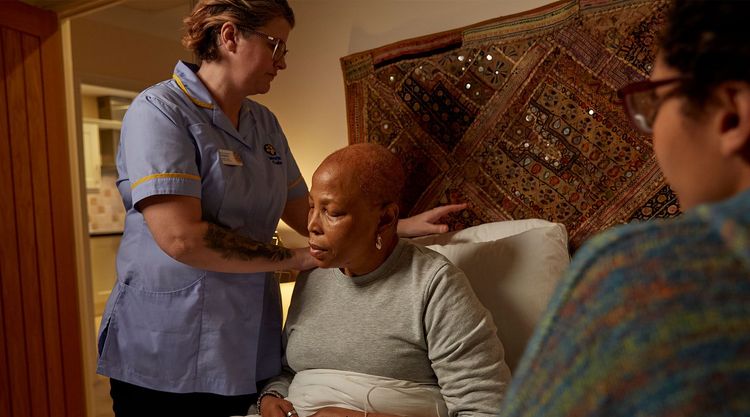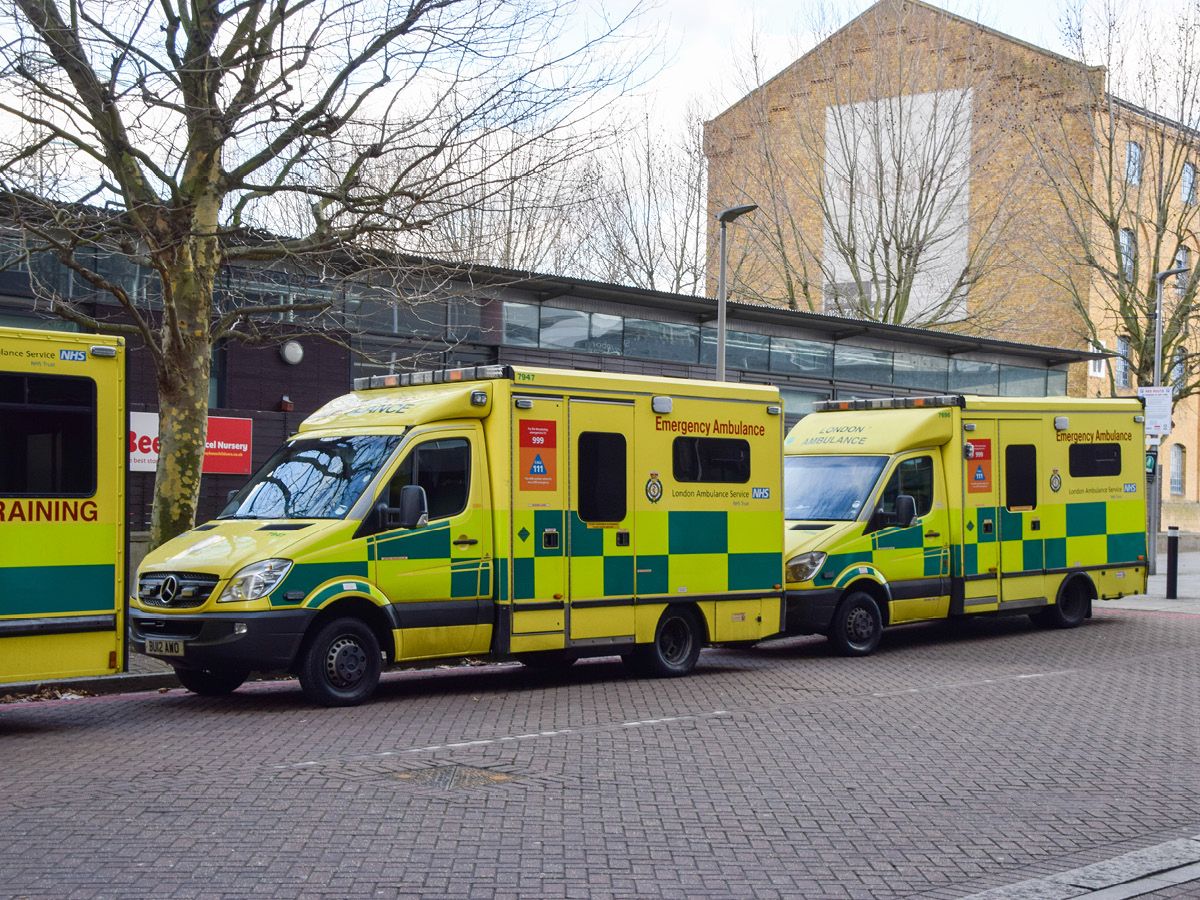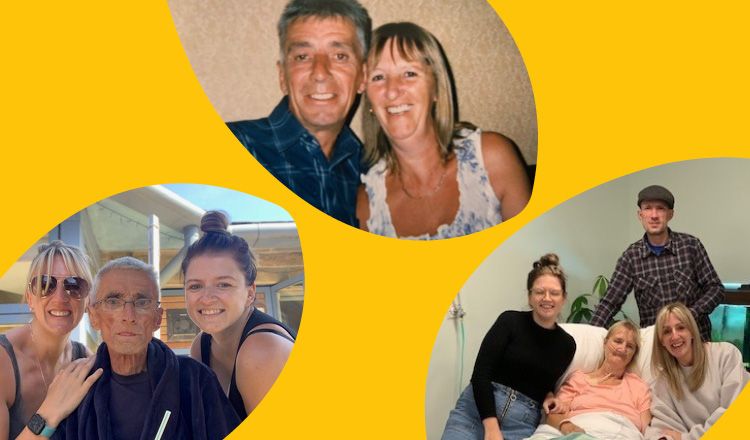Knowing where money is spent is as important for governments as it is for families and individuals, but for the past decade, surprisingly little has been known about spending on dying people. That’s why Marie Curie commissioned the Nuffield Trust and the Health Economics Unit to estimate public expenditure on people in their last year of life in the UK.
The research, titled Public expenditure in the last year of life reveals an astonishing 81% of public money spent on health care for people in their final year goes towards hospital costs. The report highlights big differences between where public money is currently spent and where evidence indicates it could enable better end of life care and support. This is something Marie Curie is determined to change.
How much money supports people in their last year of life?
The research is based on publicly available data and statistics throughout the UK as well as expert stakeholder advice. It estimates up to £22 billion of UK governments money supported people in their last year of life in 2022. About half was spent on health care; 25% on pensions and other benefits (such as those supporting people on low incomes); and 22% on social care.
These are large sums, but does spending reflect what we know makes for good end of life care and what is valued by families towards the end of life?
Emergency hospital care tops the health care bill
It’s unfortunately unsurprising that hospital care is a significant contributor to expenditure on people in their last year of life – but 81% of all health care costs is staggering.
In fact, over half of public health care expenditure is spent on emergency hospital care – including A&E visits and emergency admissions. This isn’t the care and support people tell us they want and need for themselves and their families. We know from our latest Public Attitudes to Death and Dying research that many people would prefer to stay at home in their final
months.1
Our Better End of Life 2024 report, Time to Care, highlighted gaps in care, particularly out of hours, that leaves dying people no choice but to make emergency visits to hospital – especially when they can’t get the support they need in the community or their families don’t know what to do.2
Through this new research on public expenditure, we now know that only 11% of health expenditure on people in the last year of life goes towards the district and community nurses and GP care that helps people stay in their homes.
The imbalance of spending can’t continue
Hospice and social care are also crucial to helping people live and die in the community, whether in their own home or in communal living, like residential and nursing homes. The imbalance of spending in hospitals compared to community-based health and social care services can’t continue if we want people in their last year of life to live and die in a place of their choosing.
Securing financial health for dying people and their families
It was important to include expenditure on pensions and other benefits within this research, as financial security is so important for people and their families to achieve a good quality of life. Our Dying in Poverty report found desperately high levels of poverty among people in their last year of life with 111,000 people per year dying in poverty.3
Changes are still needed to make the end of life a time free from poverty.
We’re calling on UK governments to fix end of life care
It's vital that these findings lead to positive change in end of life care.
The latest research will help policy makers make better decisions about where resources should be spent in the future. Here are the actions we’re taking
-
We're highlighting innovative services like Marie Curie’s Reactive Emergency Assessment and Community Team (REACT) service, which identifies and supports people to get the support they need rather than spending unnecessary time in A&E or without support.
-
We're campaigning for action from the four UK governments. We want them to make palliative and end of life care a priority for health reform. For example, by developing a national strategy to improve care for England and a similar focus in Wales, Northern Ireland, and Scotland.
-
We also want to see targets in each nation to shift care from hospitals to communities, and investment in innovative services and the health and social care workforce. You can read more about these and our other policy recommendations.
But we can't make all this happen without your help
We need to show decision-makers that the public want better end of life care, too. That's why we're launching a petition, which calls on the Chancellor and the Secretary of State for Health and Social Care to invest in end of life care.
This summer, they're making big decisions about which services to fund in the Comprehensive Spending Review. It's vital that end of life care is part of those plans. If we speak out together, ministers are more likely to take notice.
Please help today, it only takes one minute to add your name.
Footnotes
1: Marie Curie, ‘Public attitudes to death, dying and bereavement in the UK re-visited: 2023 survey’ (October 2024). Available at: mariecurie.org.uk/globalassets/media/documents/policy/policy-publications/2024/n401_padd_report_final.pdf
2: Marie Curie; ‘Time to care: Findings from a nationally representative survey of experiences at the end of life in England and Wales’; Better End of Life 2024; Accessed at: mariecurie.org.uk/policy/better-end-life-report
3: Marie Curie, ‘Dying in Poverty 2024: Exploring poverty and fuel poverty at the end of life in the UK’, available at: mariecurie.org.uk/globalassets/media/documents/policy/dying-in-poverty/2024/reports/m1214-dying-in-poverty-report_digital_compressed.pdf




